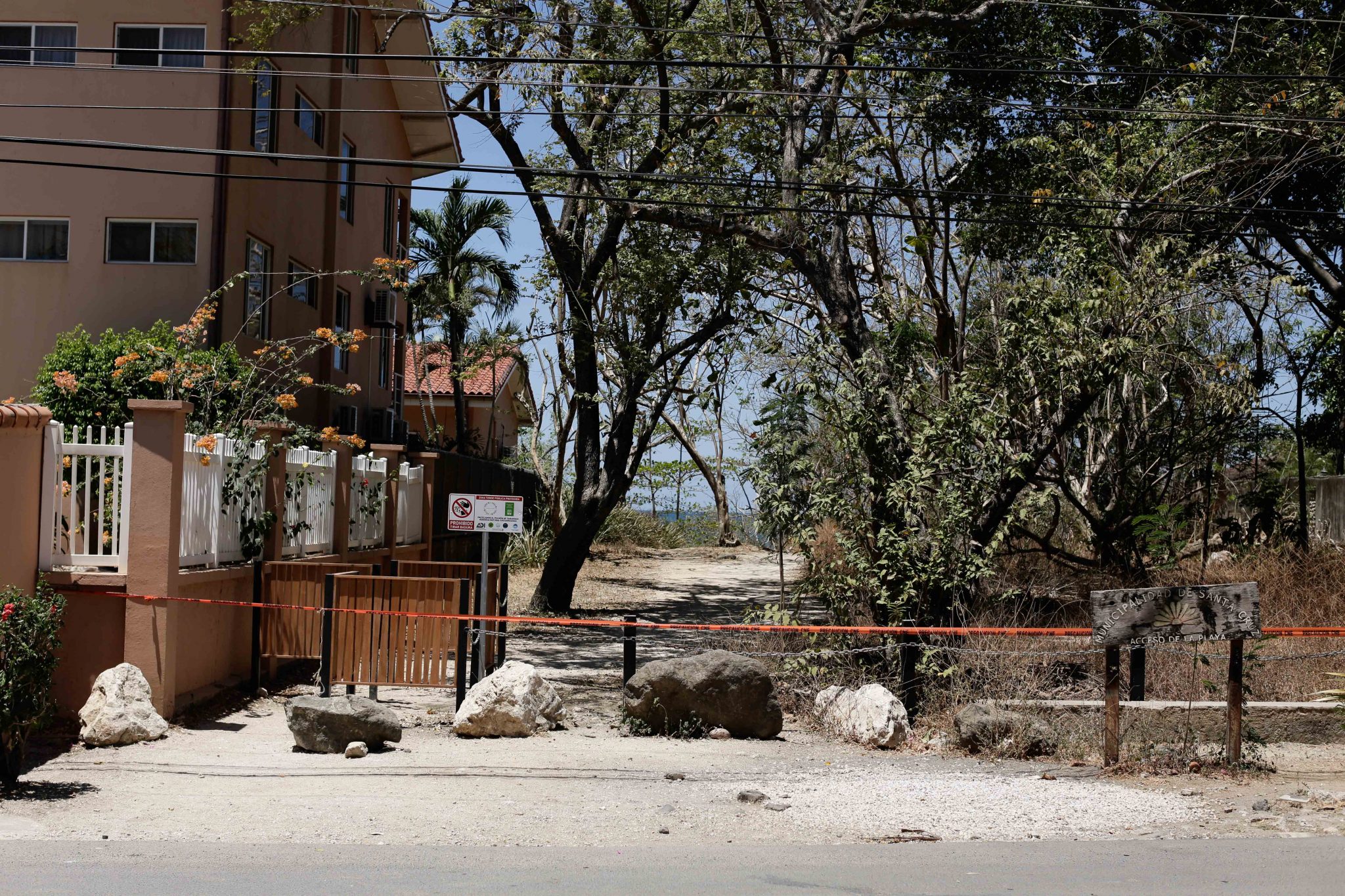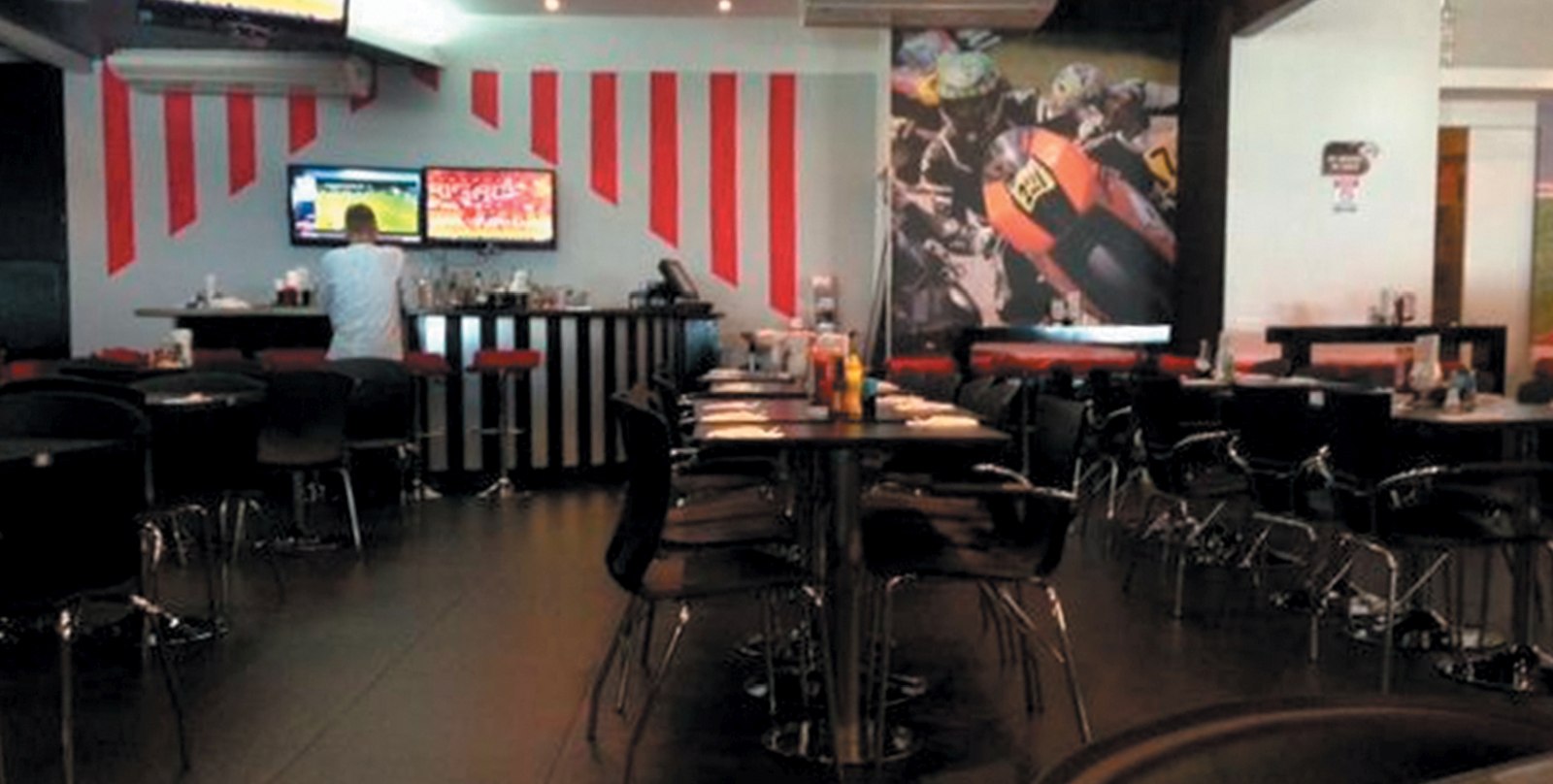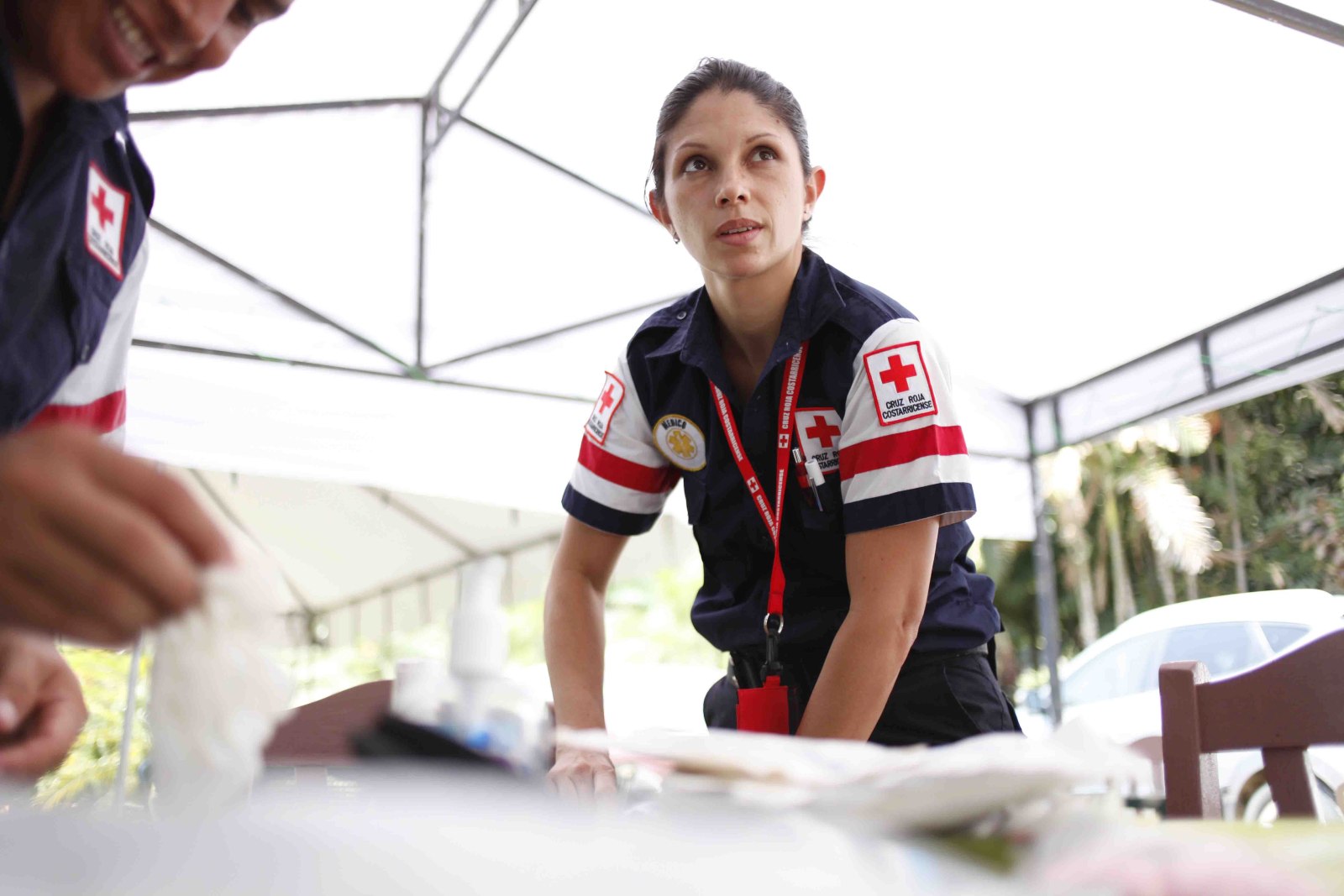
Bahía del Sol Hotel in Potrero Beach, Santa Cruz reported 12 canceled reservations this weekend and about $5,000 in losses as a result of the measures announced by the Costa Rican Government to stop the spread of the COVID-19 virus in the country.
Arturo Soto, general manager of the hotel, says this will be only the first impact, as “surely people will continue to call and cancel [their reservations].”
At the press conference on Friday, July 10th, the government announced a reinforcement of sanitary measures to contain the spread of the virus nationwide, after the country reported an exponential increase of positive cases of COVID-19, the highest number of cases in a day: 649.
These measures include a total vehicle restriction and the closure of establishments from Monday, July 13th to Friday July 17th in all cantons with orange alerts, including the entire Metropolitan Area (GAM).
In Guanacaste, the cantons of Bagaces, Cañas, Liberia and Carrillo are also on orange alert.
A vehicle restriction applies on weekends from 5 a.m. to 5 p.m. (for cantons under orange alert) and from 5 a.m. to 7 p.m. (for cantons on yellow alert) for access to facilities authorized by the Health Ministry.
Our idea is to avoid mobilization with the aim of recovering the trace of the contagion,” said Daniel Salas, Minister of Health.
But, where does this leave the tourism industry?
That’s what hotel owners asked. With the announcement, the uncertainty arrived: if I have a reservation in a hotel or national park outside San José and I am going to return on a weekday, is that possible? Will the hotel’s letter of reservation allow me to come back? people asked through social media.
Michael Soto, Minister of Security, responded at the press conference on Saturday 11th that moving to a hotel is only allowed during weekends. “It does not apply to go to hotels [or return from them] during weekdays because there is a total vehicle restriction. In the common sense of health and survival, [people] should return within the weekend.”
However, that same day, the Minister of Tourism, Gustavo Segura, clarified that people who are staying in a hotel and whose reservation ends during the week “can return to their homes as long as they carry a physical or digital proof of the reservation. In addition, they should follow the sanitary guidelines, go from the hotel to their home, and not break their social bubbles.”
But for Arturo Soto, Bahía del Sol Hotel manager, the impact was already made. He says the announcements were disorganized and generated “confusion for us and for the guests, which causes people to cancel their reservations with an economic impact.”
“But what is going on? With the first statement the damage is generated and with a second statement the confusion follows. Later clarifications do not minimize the impact but increase the disbelief, because people do not want to play games,” he added.
The Cámara de Turismo Guanacasteca (Caturgua) issued a press release calling on the authorities to make consistent decisions “that do not go against the current economic situation and the emotional stability of the people involved in this activity.”
It is not possible to take measures that are changed up to three times in less than 24 hours, it creates instability for both tourism businesses operators and their users,” the statement said.
Half-hearted encouragement
Cristina Denche, deputy director of the RIU Palace Costa Rica, explained that her hotel went from being in a yellow alert zone to an orange one with the new measures because it is in the canton of Carrillo.
According to her, the hotel worked towards reopening last Friday and had very good reservation and occupancy volumes for the entire upcoming week. “But with these measures we are going to lose the reservations that were coming in from Monday, because we are only going to be able to operate on the weekend.”
This weekend, Denche says they had good numbers, but some guests are leaving early for fear of not being able to return to their homes.
However, the RIU Palace had announced the reopening last Friday after it had been closed for nearly four months.
Arturo Soto and Cristina Denche agree that both hotels were having a successful return to operations, and that with the new measures, it is a step backwards.
They also ensure that the hotel is working with clear sanitary protocols in order to maintain its operation.
The RIU hotel has a protocol handbook that could be a guarantee that people will have no health problems. I ask the government to acknowledge that RIU is a safe place, we will not make it a focus of infection,” Denche said.
This will also have an impact on the stability of its employees, she adds, as they hope not to return to the days of having a “closed hotel”.
“We are implementing protocols here and people are understanding these new measures, but these things, these measures, do not support the effort we are making,” concluded the manager of Bahía del Sol.







Comments